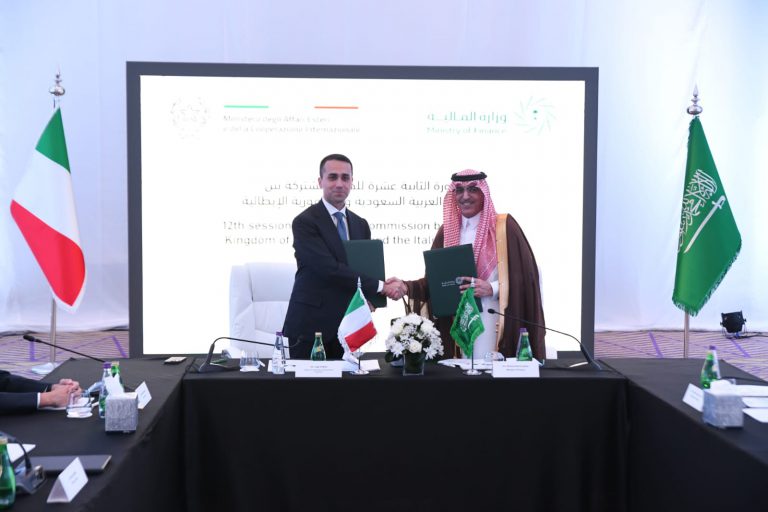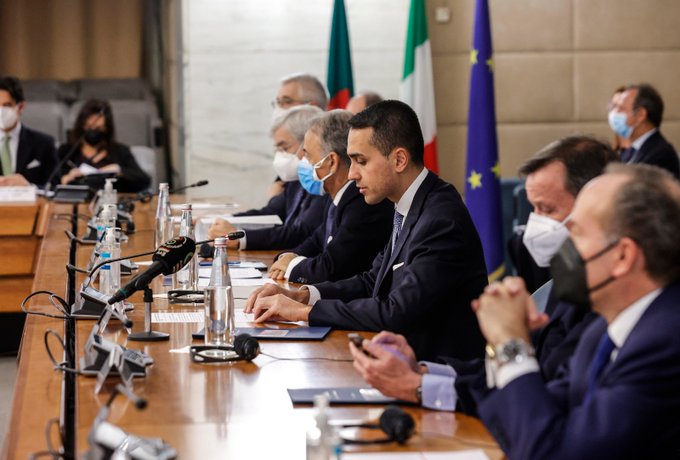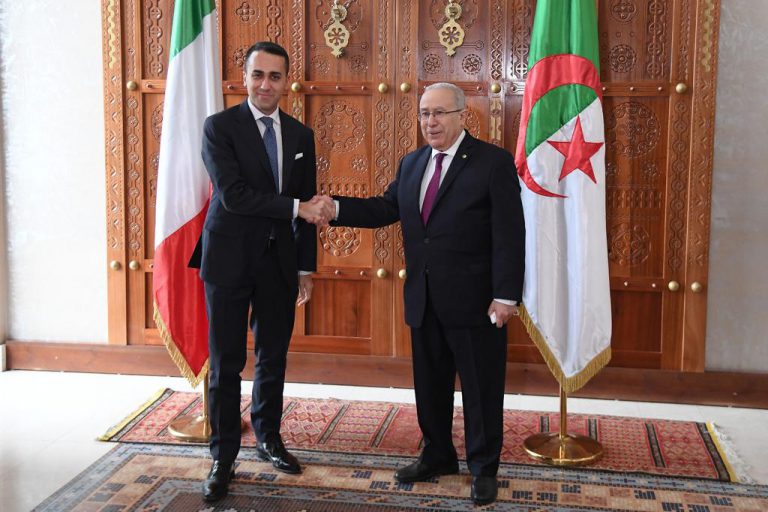The hopes of the Arab Spring have given way, in the Arab world, to an atmosphere where fear mingles with disillusionment. The Tunisian experience remains as evidence that not all of the promises have fallen by the wayside. And the current stability of a great country like Egypt is safeguarding the entire region from greater risks.
But it is hard to close our eyes to reality. In the West, the Arab Spring movements had sown the seeds of a great hope of freedom, for which President Obama’s speech in Cairo had prepared the ground. The harvest was poor, however. And the gradual withering of the revolutionary hopes soon gave way to an entirely different sort of impetus. From a democratisation of the regimes the focus changed, in the space of 4 or 5 years, to a questioning of borders. The legacy of 1916 is threatened by an unprecedented challenge. Daesh, terrorism that is setting itself up as a state. That cuts throats and enslaves innocent girls, but at the same time occupies territory and pays salaries. It is in this abrupt twist in history that the Libyan crisis, today the greatest threat to our national security, is set.
Libya’s experience of the Arab Spring was entirely anomalous. The ferocity of its dictator and the extreme weakness of its civil structures led to Gaddafi’s forced removal and defeat, with the decisive contribution of an external military intervention. An intervention that was perhaps inevitable, which Italy underwent at, probably, one of its periods of greatest weakness, and which lacked any plan to rebuild state capacity. Today we are paying the consequences, with an institutional vacuum in which enclaves of Islamic terrorists are springing up.
Errors and disappointments cannot, however, justify any disengagement on our part. Libya is too important. For our security, for our energy supply, for the impact of migration flows (of the 165,000 migrants who reached our shores in 2014, over 90% had passed through Libya). We have a role to play and this role is also recognised by our allies and by all the countries of the region. That goal is to re-establish Libya’s unity and pave the way to rebuild unitary institutions and a government of reconciliation between the moderate forces in the different fields in the current dispute.
I fully realise that this is a narrow, uphill road. But anyone who thinks that the division of Libya is inevitable, or even encourages that outcome, is playing with fire. If the idea of a “good” Cyrenaica is a gamble, resigning ourselves to the idea of a Tripolitania transformed into a sort of “bad company”, a refuge for extremist and terrorist groups, would be a nightmare. Not least because Tripolitania is the region nearest to our coasts and the place with the greatest concentration of Italian economic interests.
So, one Libya, and one only, in line with the goals identified by the UN Envoy, Bernardino Leon, who is trying to open a pathway to national reconciliation. And who enjoys support from Italy, thanks not least to the presence of our Embassy, the only Western Embassy still open in Tripoli.
Italy’s message is clear. We agreed that message last week with our main allies in Brussels, we will confirm it on Tuesday (9 December 2014) at the meetings taking place in Washington, and we are discussing it with our main allies in the region. We must all support the UN mediation by suspending the violence and bombing and avoiding the division of the few surviving unitary institutions, first and foremost the central bank.
If the mediation does not achieve the hoped-for results, we will begin it anew at an even more intensive level. And as soon as we can glimpse the first steps on the road to the reconstruction of the institutions we will be ready to play our part in monitoring or peacekeeping activities under the flag of the United Nations. Time is passing fast, but we can still avert the worst consequences for Libya and for our own country.






